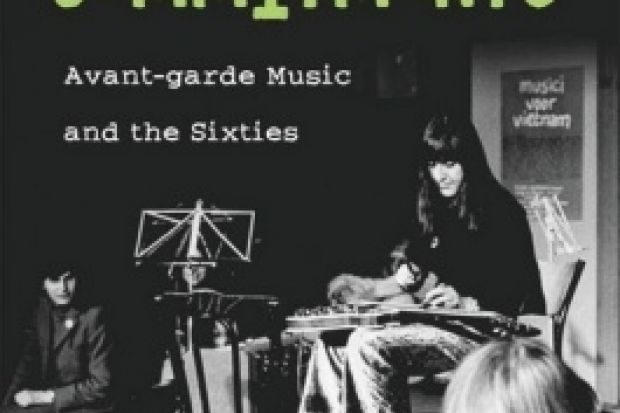That music can be a countercultural and subversive force is clear and well documented. Genres including folk, jazz, punk, rap and dancehall have all been subject to regulation and state attention, often being overseen by the gaze of the law.
Music has also often been seen as a vehicle for protest: mid-20th-century folk music, for example, particularly in the hands of American artists such as Woody Guthrie and Pete Seeger, would give voice to political protest. Similarly, jazz has been seen as a vehicle of resistance by authors including Paul Chevigny in his fascinating book Gigs: Jazz and the Cabaret Laws in New York City (2004). Looking towards the UK, and particularly during the Thatcher era, post-punk artists, including Billy Bragg, would make avowedly literate and politically engaged pop music.
Robert Adlington's edited collection takes as its source a rather different type of musical output, although, as he notes in his fine introduction, avant-garde music, too, is a "culture of subversion".
This was particularly the case in repressive states where - by virtue of lack of state support and often in the face of direct state disapproval and regulation - the creation and consumption of such music became a symbol of resistance.
The book itself is organised broadly into four sections: "Ideologies". "Rethinking the Popular", "Politicizing Performance" and "The Challenge of Institutionalization". These are preceded by a very useful introductory chapter by Hubert van den Berg that offers important context and background, including an articulate discussion about the notion and meaning of the avant-garde itself. This provides an orientation and platform for those who are not aware of the canon of avant-garde music, and allows for a better understanding of the chapters that follow.
The later chapters cover some fascinating areas, ranging from specific musical works to types of performance and differing genres, as well as country-specific analyses (for example, Japanese and Soviet music).
Of course, the 1960s themselves were a potent time for protest in a wider sense, and the book as a whole neatly outlines the contours of the political developments of the time.
The book is written by people who are passionate about their specialist areas and this shines through in the writing and the coverage. Peter J. Schmelz's chapter, for example, is a beautifully constructed one. Its focus is broadly on electronic music in the former Soviet Union, starting with Leon Theremin and his invention of the instrument that bore his name, later used by bands as diverse as the Beach Boys and Pink Floyd. The chapter goes on to detail the rise of technologies such as the synthesizer, and their impact, and also the response of the Soviet authorities to these developments, augmented by interviews with key figures.
This book encapsulates how and why popular music engages with politics and it is an illuminating read. It would be fantastic to see a similar volume dedicated to contemporary music, as an examination of recent genres would be a neat way to further test some of the issues raised in this original, enjoyable and very readable book.
Sound Commitments: Avant-Garde Music and the Sixties
Edited by Robert Adlington
Oxford University Press
304pp, £58.00 and £16.99
ISBN 9780195336641 and 36658
Published 26 February 2009
Register to continue
Why register?
- Registration is free and only takes a moment
- Once registered, you can read 3 articles a month
- Sign up for our newsletter
Subscribe
Or subscribe for unlimited access to:
- Unlimited access to news, views, insights & reviews
- Digital editions
- Digital access to THE’s university and college rankings analysis
Already registered or a current subscriber? Login
